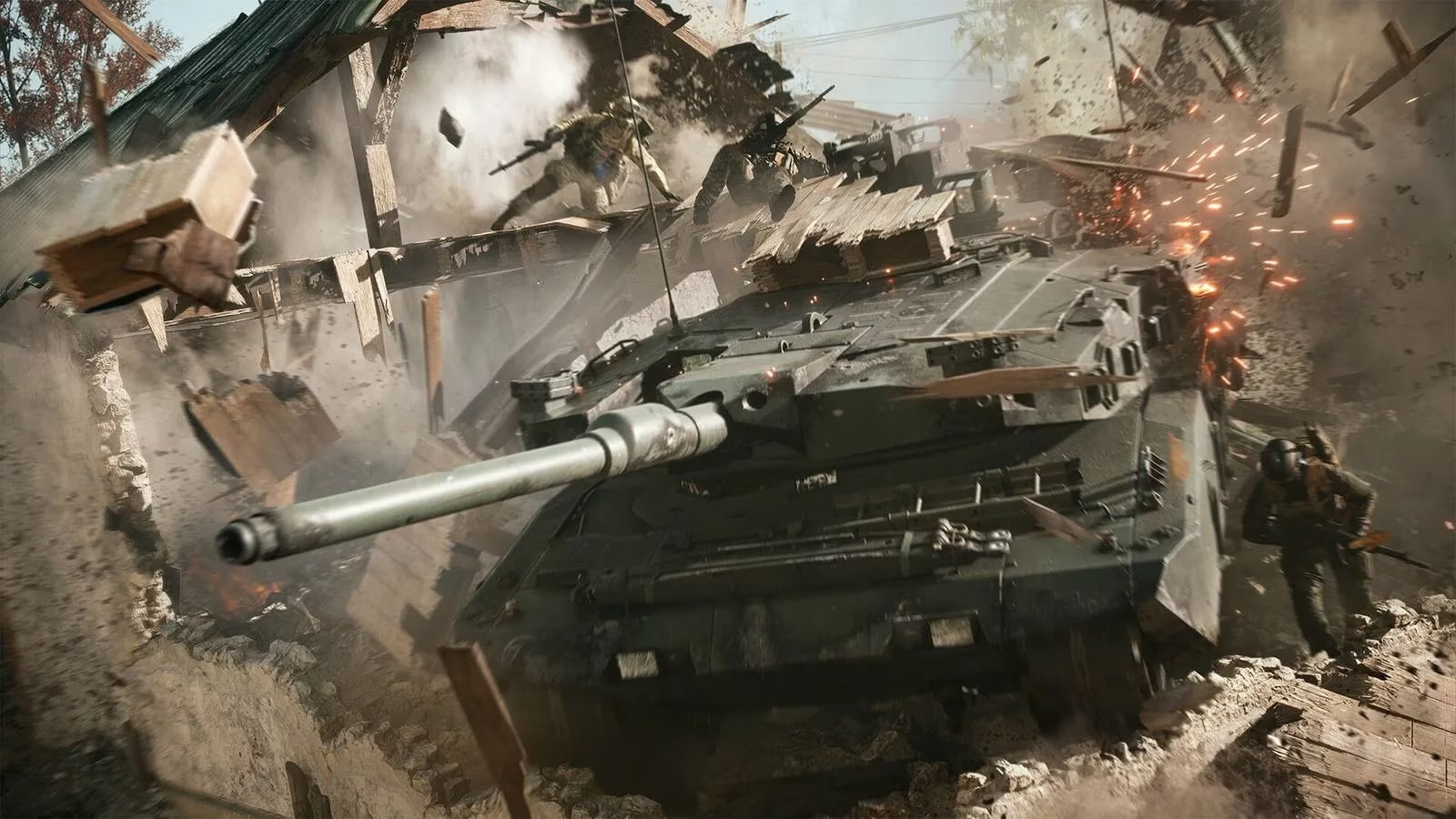Battlefield 6: A Rare Triple-A Miracle in 2025's Gaming Landscape
Battlefield 6 impresses with flawless launch, innovative gameplay, and responsive development, redefining expectations for AAA multiplayer shooters in 2025.
In an era where broken launches and day-one patches have become the unfortunate norm, Battlefield 6 stands as a remarkable exception that almost feels too good to be true. The latest installment in EA's long-running shooter franchise has accomplished what many considered impossible in 2025's gaming landscape: a premium triple-A title that works flawlessly right out of the gate.
The Miracle of a Functional Launch
Two weeks post-release, and the gaming community is still in awe. No server crashes, no game-breaking bugs, and no desperate scrambling from developers to fix fundamental issues. When was the last time we could say that about a major multiplayer shooter?

The experience feels almost surreal – install the game, download a reasonable-sized patch, and within minutes you're crashing jets into mountainsides during an exhilarating Conquest match. No waiting in endless queues, no frustrating disconnects, just pure, unadulterated Battlefield chaos.
But isn't it rather telling of our industry's state when basic functionality is celebrated as exceptional? Have we truly fallen so far that a working product at launch deserves special recognition?
Rising From the Ashes of Battlefield 2042
EA and DICE clearly learned harsh lessons from Battlefield 2042's troubled reception. With the franchise rapidly losing relevance in a market dominated by Call of Duty and numerous live service shooters, they made the intelligent decision to return to basics.
The result is a game that feels both innovative and comfortingly familiar. The single-player campaign harkens back to the glory days of the Xbox 360 era, while the multiplayer experience delivers that quintessential Battlefield formula polished to a mirror shine.
What's particularly refreshing is how EA has positioned the development team to be responsive rather than reactive. Instead of frantically patching critical failures, they've been able to focus on meaningful improvements:
-
Adjusting ticket numbers in Conquest matches
-
Accelerating progression unlock rates
-
Implementing quality-of-life features requested by the community
This proactive approach stands in stark contrast to the industry's typical pattern of launching broken products and slowly fixing them over months or years – by which time most players have already moved on, leaving only the most dedicated fans.
The Psychological Impact on Players
There's something psychologically satisfying about investing in a game that respects your time and money from day one. As I've sunk hours into Battlefield 6, I've noticed a palpable sense of goodwill among the community that I haven't felt in years.
Players aren't begrudgingly sticking around in hopes that the game will eventually become what was promised – they're genuinely enjoying themselves right now. The forums aren't filled with bug reports and crash complaints but instead feature strategy discussions and highlight clips.
Could this positive player sentiment actually translate to longer-term engagement? When you don't burn your audience with a broken launch, do they stick around longer and potentially spend more on cosmetics and battle passes? The data from Battlefield 6 might force publishers to reconsider their rush-to-market strategies.
Setting a New Standard for Live Service Games
What's particularly exciting about Battlefield 6's successful launch is what it means for the game's future as a live service. With a rock-solid foundation in place, DICE now has the freedom to take creative risks with seasonal content without worrying about fundamental stability issues.
Consider these potential advantages:
-
Creative freedom: Developers can focus on innovative content rather than fixing broken systems
-
Player trust: A community that feels respected is more likely to invest in seasonal passes
-
Data-driven improvements: Clear metrics unclouded by technical problems
-
Competitive advantage: Standing out in a market full of broken launches
The game still has its share of minor issues and balancing concerns, but the development team's demonstrated commitment to quality gives players confidence these will be addressed promptly.
A Wake-Up Call for the Industry?
The question now is whether Battlefield 6 represents a turning point or merely an anomaly. Will other publishers take note that releasing a functioning product actually results in positive press, player goodwill, and potentially stronger financial performance?
Or will the industry continue its cycle of over-promising, under-delivering, and relying on post-launch patches to eventually create the experience that was marketed?
Perhaps the most damning indictment of the current state of triple-A gaming is how extraordinary it feels to play a big-budget title that simply works as advertised. Shouldn't this be the minimum expectation rather than the exception?
Looking Forward
As we move deeper into 2025, Battlefield 6 stands as both an achievement and a challenge to the rest of the industry. It demonstrates that with proper planning, realistic scoping, and adequate development time, even massive multiplayer experiences can launch in excellent condition.
For players who have grown cynical after years of disappointing launches, Battlefield 6 offers a glimmer of hope. For publishers and developers, it presents a compelling case study on the benefits of prioritizing quality over arbitrary release dates.
The true test will come with the game's first season of content. Will EA maintain this commitment to quality, or will we see a regression to the industry mean? Only time will tell, but for now, Battlefield fans can enjoy something that has become increasingly rare in modern gaming: a premium experience that actually delivers on its promises from day one.
Isn't that how it should have been all along?